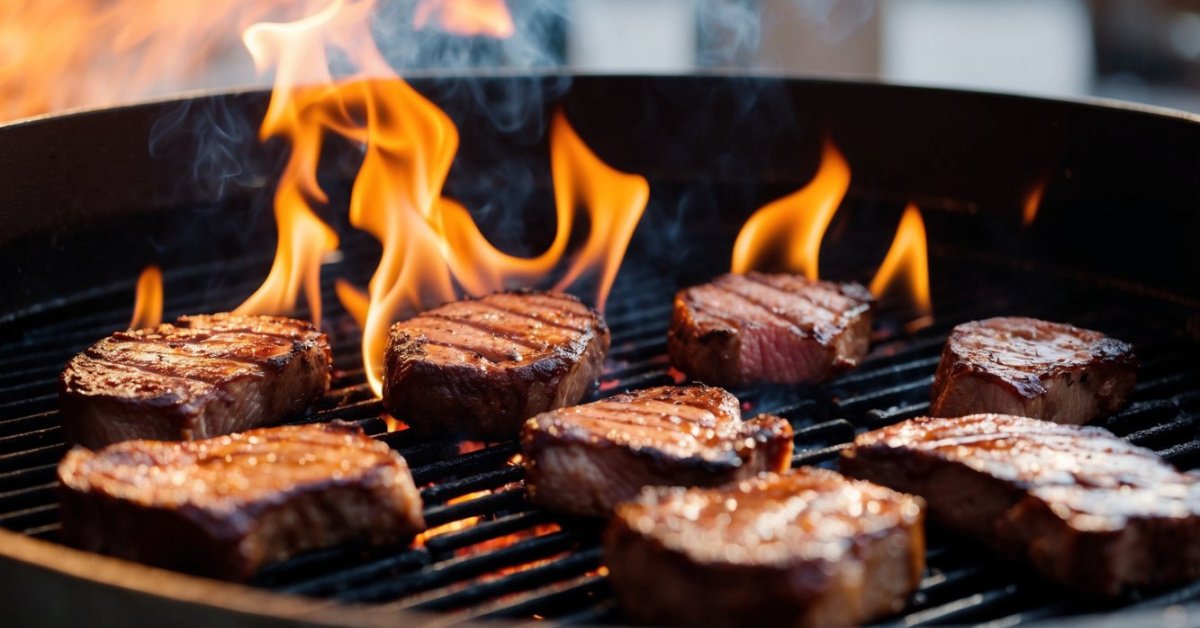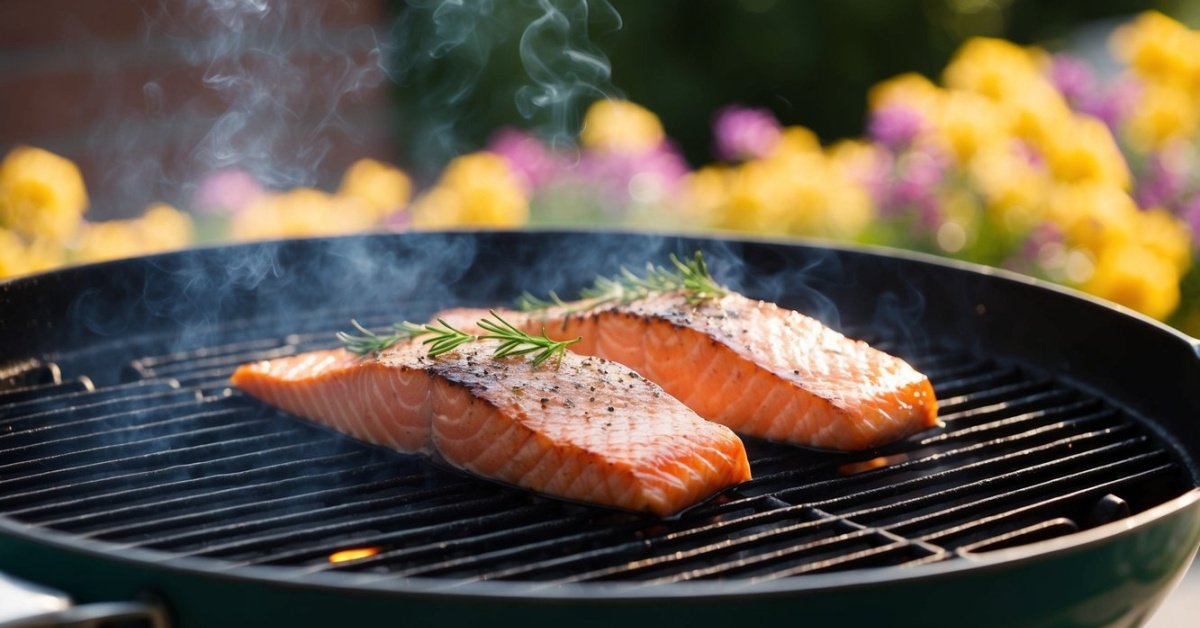Ever fired up the grill for a summer cookout only to find it just can’t get hot enough? It’s frustrating when your barbecue plans hit a snag because the heat just isn’t right. I’ve been there, and I know how disappointing it is to struggle with uneven or insufficient heat.

Common Causes Your Grill Isn’t Getting Hot Enough
When your grill doesn’t reach the desired temperature, several factors might be at play. Identifying these common issues can help you restore optimal heat performance.
Insufficient Fuel Supply
Low fuel levels prevent grills from heating effectively. Ensure your propane tank is full or that you have enough charcoal for prolonged use. Additionally, inspect fuel lines for leaks or blockages, which can restrict gas flow and reduce heat output.
Blocked Burners
Accumulated grease and debris can clog burners, hindering proper flame distribution. Regularly clean your burners to maintain even heating. Remove any obstructions and use a wire brush to clear residue, ensuring gas flows freely and your grill heats uniformly.
Maintenance Issues Impacting Temperature
Regular maintenance keeps your grill operating efficiently. Addressing these issues helps your grill reach optimal temperatures.
Dirty Grates and Burners
Accumulated grease and debris on grates and burners block heat flow. I clean the grates after each use and inspect burners monthly. If grease builds up, it restricts airflow, lowering your grill’s temperature.
Faulty Ignition System
A malfunctioning ignition system disrupts consistent flame production. When the igniter fails, the grill struggles to maintain heat. I check ignition components regularly and replace faulty parts to ensure steady heating.
Environmental and Usage Factors
Environmental and usage factors play a crucial role in your grill’s heating performance. Understanding these elements can help resolve temperature issues effectively.
Outdoor Weather Conditions
Cold temperatures slow heat buildup, reducing your grill’s peak temperature. Wind disperses heat, making it harder to maintain consistent cooking temperatures. High humidity affects fuel combustion, leading to uneven heating. For example, grilling on a windy day may require adjusting the fuel source to compensate for heat loss.
Improper Grill Placement
Placing your grill in a sheltered area restricts airflow, limiting oxygen for combustion. Positioning near walls or structures blocks heat circulation, causing uneven temperatures. Setting your grill on an uneven surface can disrupt fuel flow, affecting overall heat stability. Ensure your grill is on a flat, open surface to promote optimal heat distribution.
Troubleshooting Steps to Increase Heat
If your grill isn’t heating up as expected, follow these steps to boost its performance.
Checking Fuel Levels and Connections
First, verify your fuel supply. I always ensure the propane tank is full or that there’s enough charcoal. Low fuel can prevent the grill from reaching high temperatures. Next, inspect the connections for leaks or blockages. Tighten any loose fittings and replace damaged hoses to maintain a steady fuel flow. Using a leak detection solution helps identify any issues quickly. Ensuring a secure and unobstructed fuel source promotes consistent heat.
Cleaning and Maintaining Your Grill
Regular cleaning keeps your grill performing optimally. I clean the grates after each use to remove grease and food residue, which can block heat flow. Additionally, I inspect and clean the burners monthly to prevent debris buildup. Removing accumulated grease ensures even flame distribution and better heating. Keeping the grill free from dirt and blockages maintains its efficiency and extends its lifespan.
When to Call a Professional
If I detect gas leaks, like a sulfur-like smell or hear hissing sounds, I contact a professional immediately to ensure safety. Persistent flame irregularities, even after cleaning burners and checking fuel levels, indicate underlying issues that need expert repair. Electrical problems in electric grills, such as inconsistent heating elements or faulty ignition systems, also require professional assistance to guarantee safe operation. Additionally, damaged components like cracked gas hoses or malfunctioning regulators demand a technician’s expertise. Attempting to fix complex issues on my own can worsen the situation, so relying on a professional ensures my grill functions efficiently and safely.
Conclusion
Having dealt with a stubborn grill myself I know how frustrating it can be when the heat won’t cooperate By keeping up with regular maintenance and paying attention to fuel and environmental factors you can keep your grill performing at its best Don’t let a little heat issue ruin your next cookout Use these tips to ensure your grilling experiences are always hot and successful Happy grilling!














